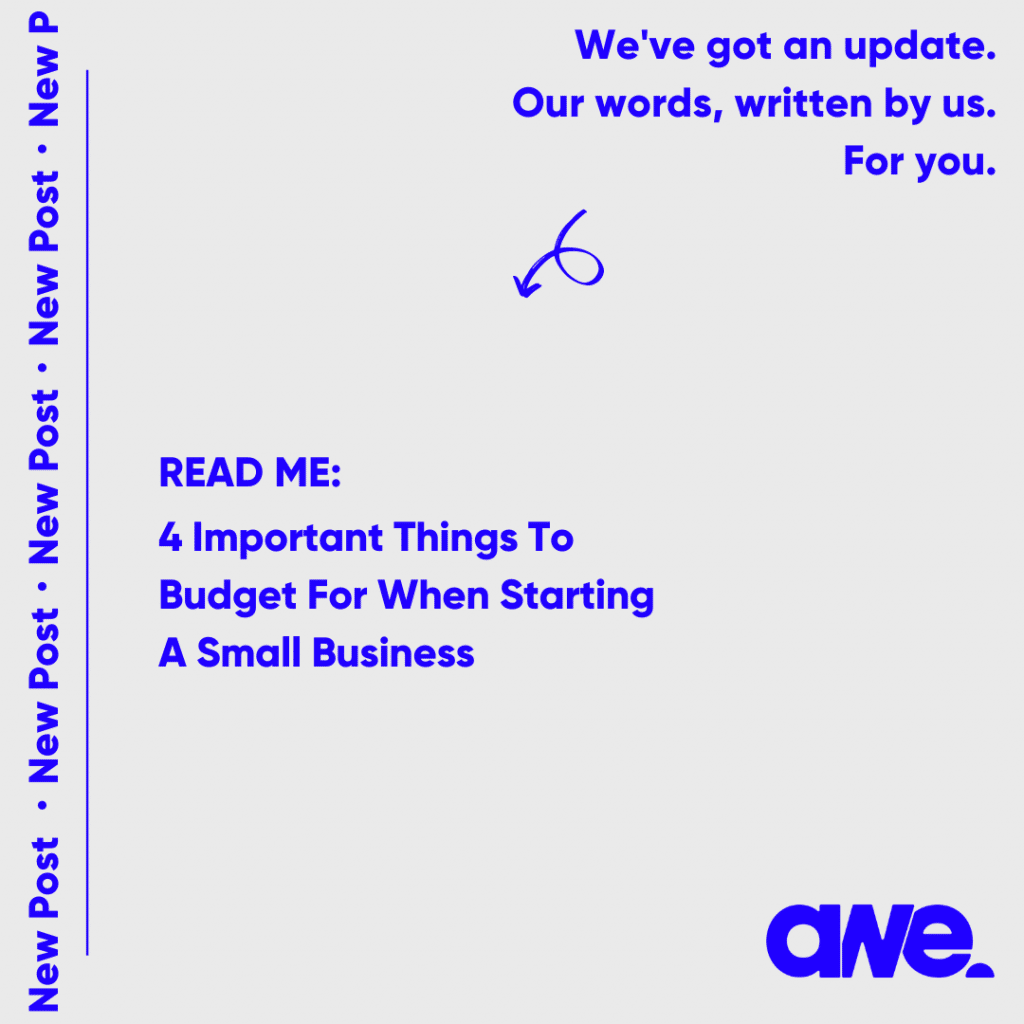
Choosing to start a business can be life-changing, and although this can be a positive experience overall, there are a lot of risks involved that you need to carefully consider. Even with a great business idea and research that indicates a high demand for it, that doesn’t necessarily mean that you’ll have smooth sailing as a new business owner. There will be periods where sales might be slow, or your first annual profits might not have been as lucrative as you had expected. This is why it is important to budget sensibly when you are a small business owner, and here are some examples of the more important things you need to prepare for.
1. Your Living Expenses
If you have no other income while you’re trying to get your start-up off the ground, then the first thing you need to budget for is a salary that will cover your living expenses. It is always smart to have at least six months to a year’s salary saved up when you become self-employed, as it can take time for your business to start breaking even, let alone make a profit. Budgeting for this can allow you to live comfortably and without too much personal financial pressure so you can focus on your new business.
2. Employee Wages
You might choose to start working alone at first, depending on what your business is, but if you do have employees, then you need to make sure that their wages are a priority in your business’s budget. Failing to pay your employees for their work can lead to legal problems, as well as a bad reputation as an unreliable employer which can harm your company’s future. Even making sure that you’re paying freelancers on time is important, as you might come to rely on their services and want to maintain these positive working relationships.
3. Professional Services
Managing a business is no easy feat, and even if you do take care of most tasks in-house, using professional services like Click Intelligence for digital marketing, IT support services, HR management, etc., can be very beneficial. These services all cost money, however, so you do need to think about how much you can afford to invest in them. It can be a very worthwhile investment, however, as having this kind of help can allow you more time to focus on other important projects to keep your business moving forward.
4. Essential Overheads
All businesses have overhead expenses, but some you might be able to cut back on easier than others if things are tight. When it comes to the essential overheads, however, they need to be a priority when it comes to reassessing your budget to make savings. Things like essential office equipment, the lease on a workspace, distribution costs, electricity, or whatever else you deem a vital part of your operations should all be covered to keep things running smoothly.
Managing business budgets can be a challenge at times, but make sure you are thinking about these essentials and have them covered to help you stay afloat.




